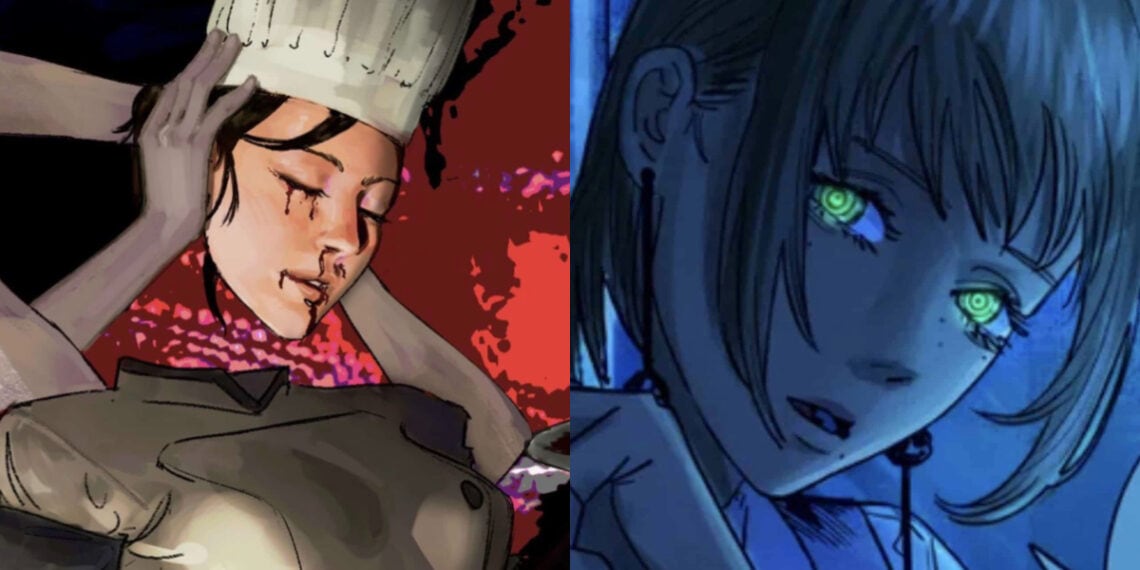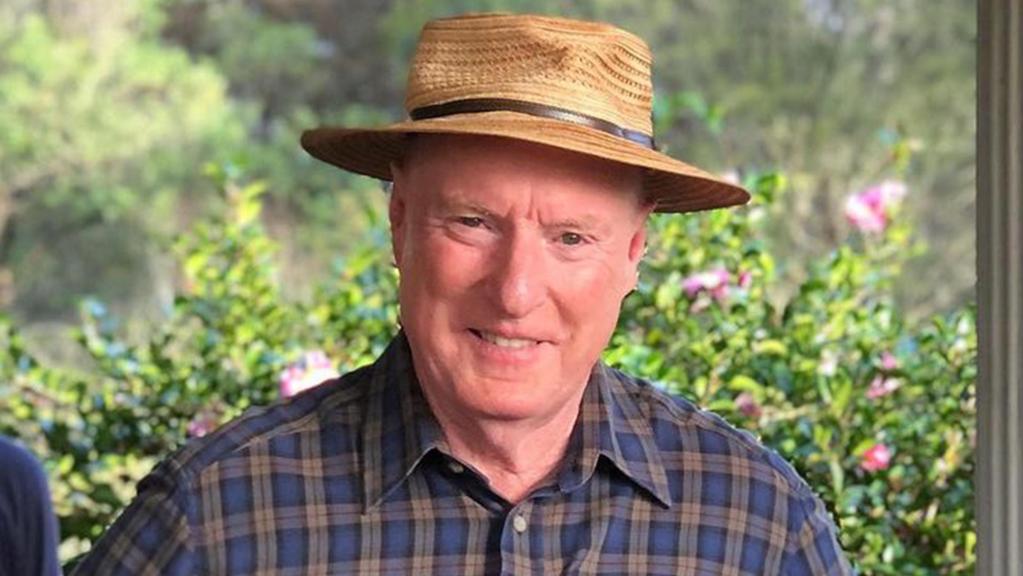Much like how Boruto rushed through story beats and lacked narrative depth, fans now worry the popular manga Chainsaw Man may abruptly end soon.
After an impactful first part, mangaka Tatsuki Fujimoto has suggested part two will wrap up the story faster than expected. This has sparked concerns that Chainsaw Man will follow an accelerated pace that underserves the intricate world and characters.
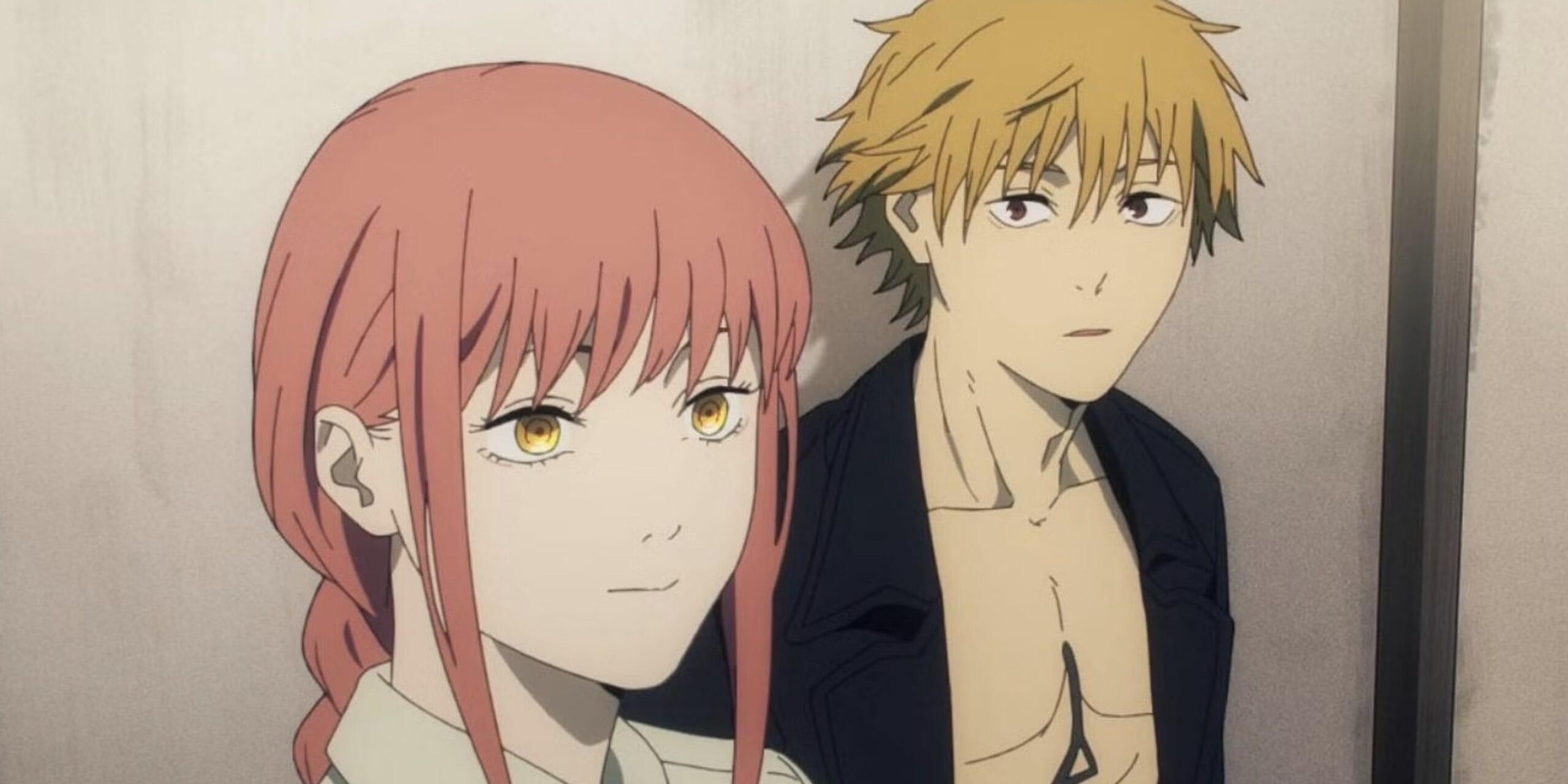
Just as fans criticized Boruto for not expanding the Naruto universe meaningfully, Chainsaw Man readers fear a sudden ending would leave much lore unexplored.
Having an abbreviated Part Two climax go in a more generic direction would parallel how Boruto reiterated similar narrative points from Naruto without enough originality.
After Part One of Chainsaw Man subverted shonen tropes so ingeniously, an uninspired rushed ending would dismay devotees.
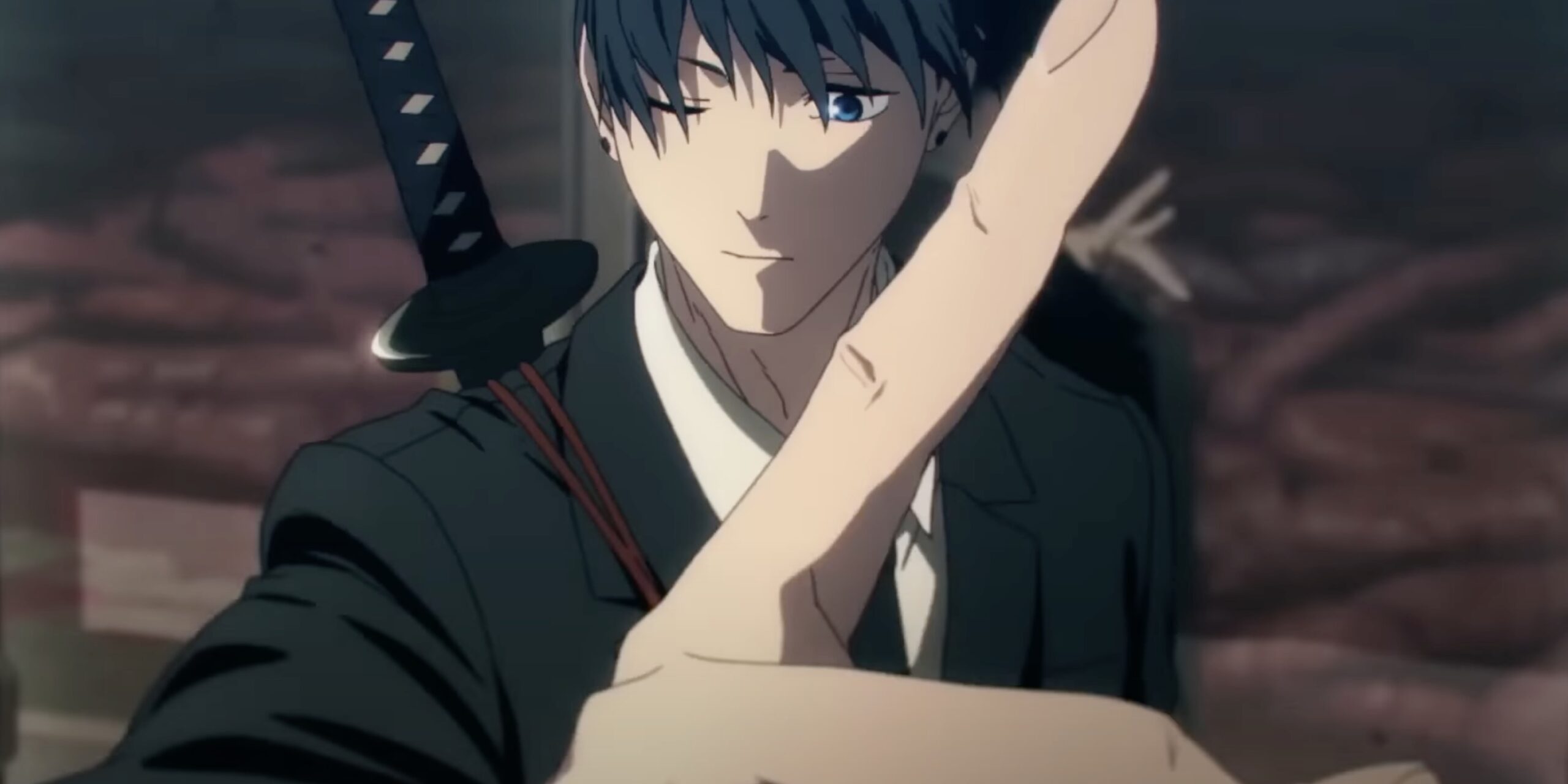
Essentially, admirers want the series they love to get ample room to flourish. Both Boruto and a potential sudden conclusion to Chainsaw Man leaves fans worried about wasted potential.
When stories elaborate on intricate worlds, followers hope to see that creativity manifest fully.
Creator’s Fear Could Halt Chainsaw Man Story
Unlike manga artists who publish under pseudonyms, Chainsaw Man’s creator Tatsuki Fujimoto has openly revealed his real identity despite having reasonable incentives to remain nameless.
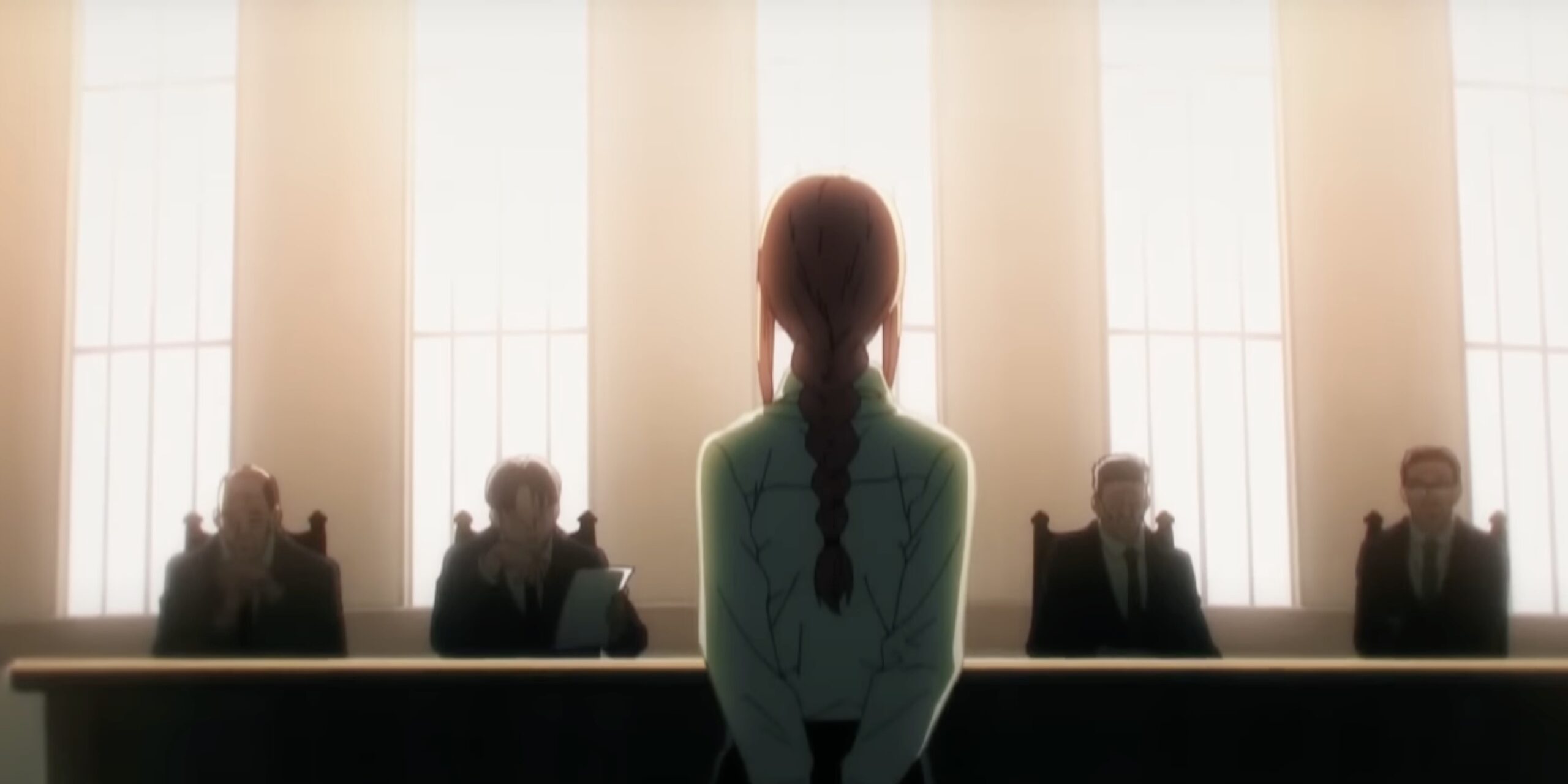
This demonstrates Fujimoto prioritizing authentic engagement with readers over creative liberties anonymity could allow.
So as rumors swirl about Chainsaw Man abruptly concluding sooner than expected, fans hope Fujimoto’s priority on relationships translates to properly honoring the stories and characters readers have bonded with.
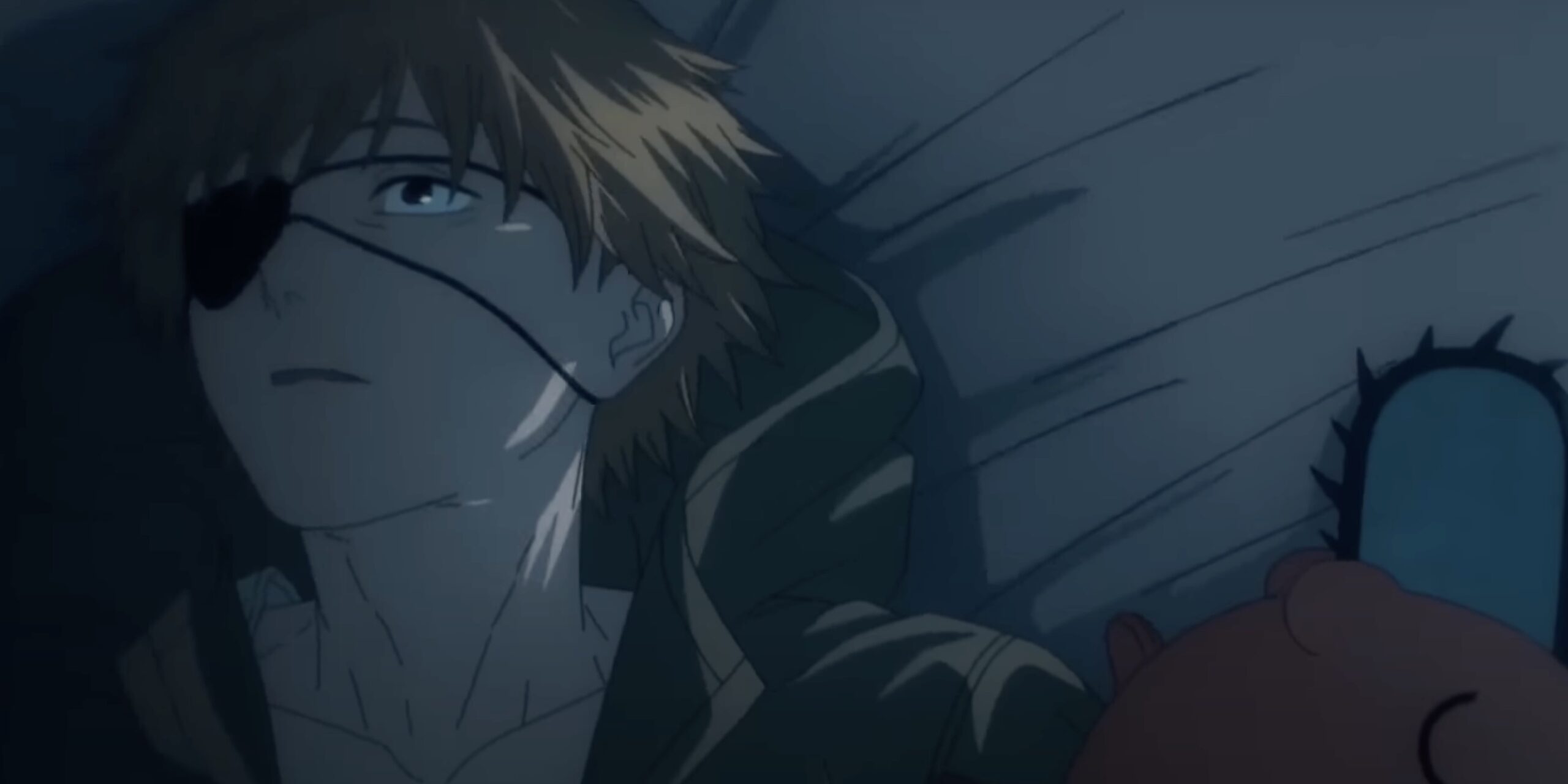
As the man who chose connection over privacy, devotees trust Fujimoto will not cut short Chainsaw Man’s narrative in an unfulfilling way just to finish faster.
Given he has been willing to forfeit certain creative freedoms for transparency, fans believe Fujimoto will now not exercise the freedom to prematurely end his series if it underserves the intriguing world he crafted.
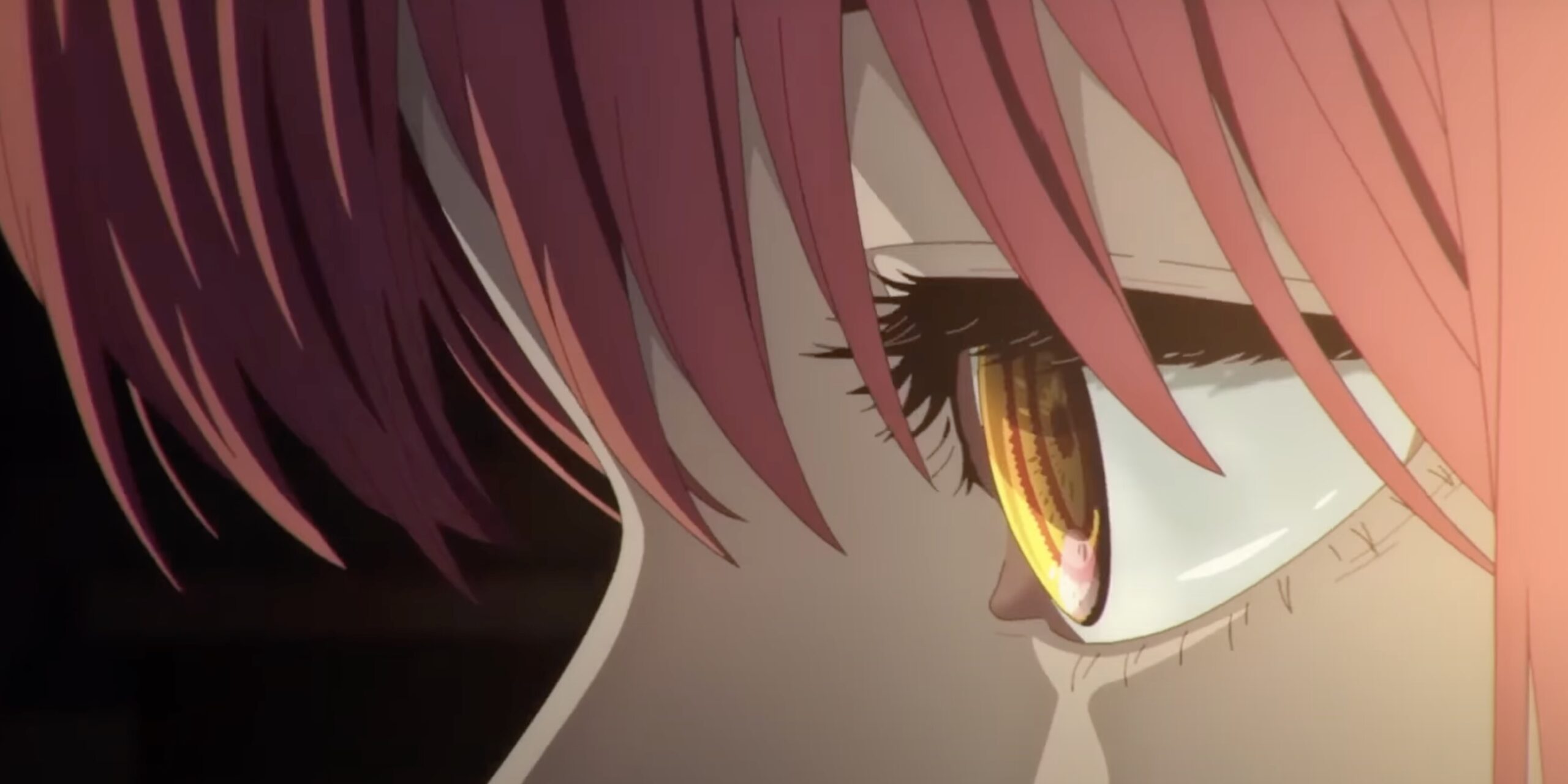
Just as he sacrificed anonymity to remove barriers with his audience, followers hope Fujimoto will now sacrifice any desire to rush Chainsaw Man’s climax for the sake of resonating completeness.
In essence, the mangaka’s history of placing reader relationships before selfish creative liberty suggests a faith he will not betray fans with an inadequately short conclusion.
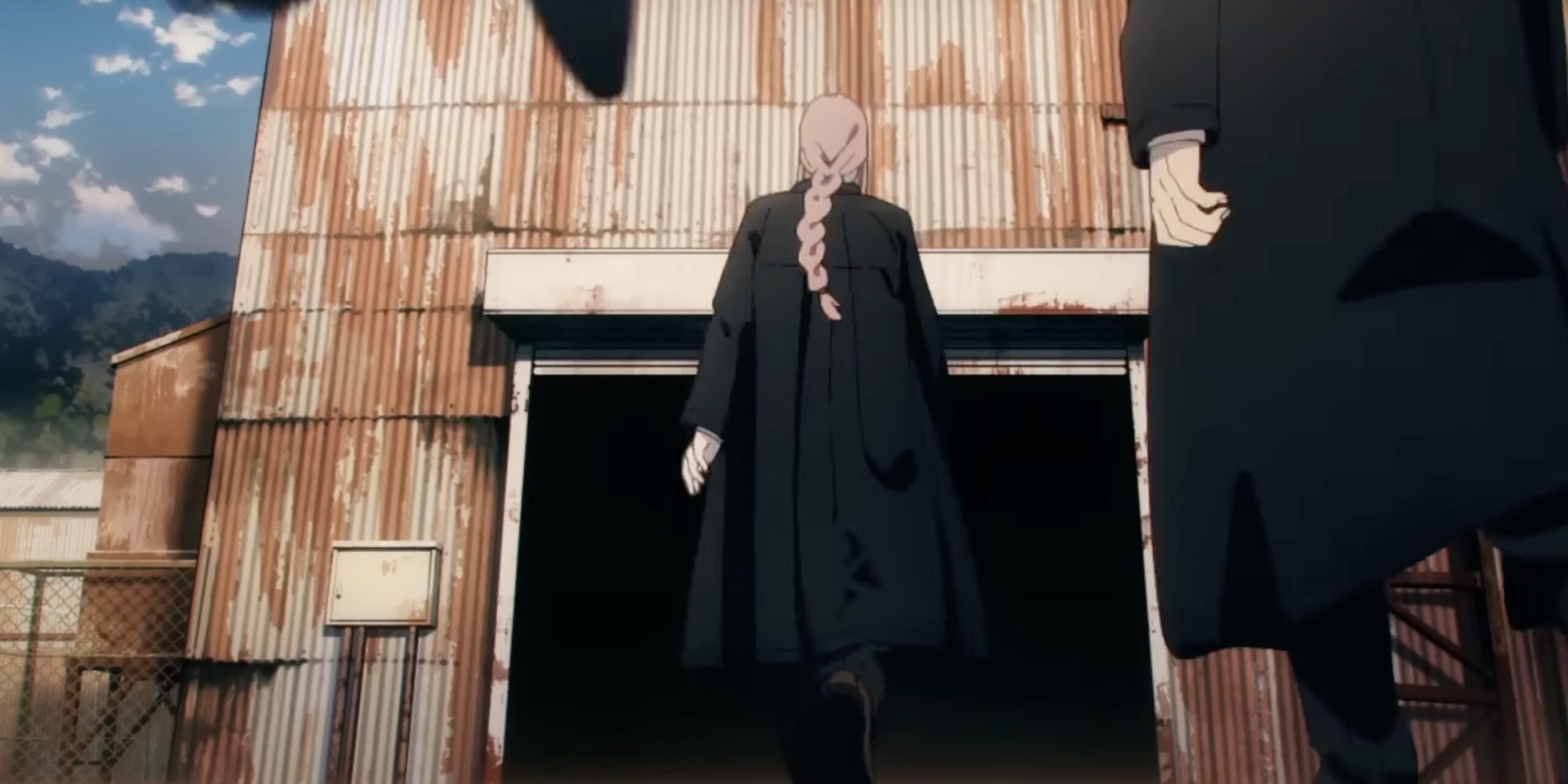
His demonstrated priorities give hope he will handle the ending with care rather than rash expediency.
Navigating the Shadows Amidst Shifting Manga Industry Regulations
Unlike many renowned manga artists, Chainsaw Man creator Tatsuki Fujimoto has actively avoided revealing his physical identity, despite his massive popularity.
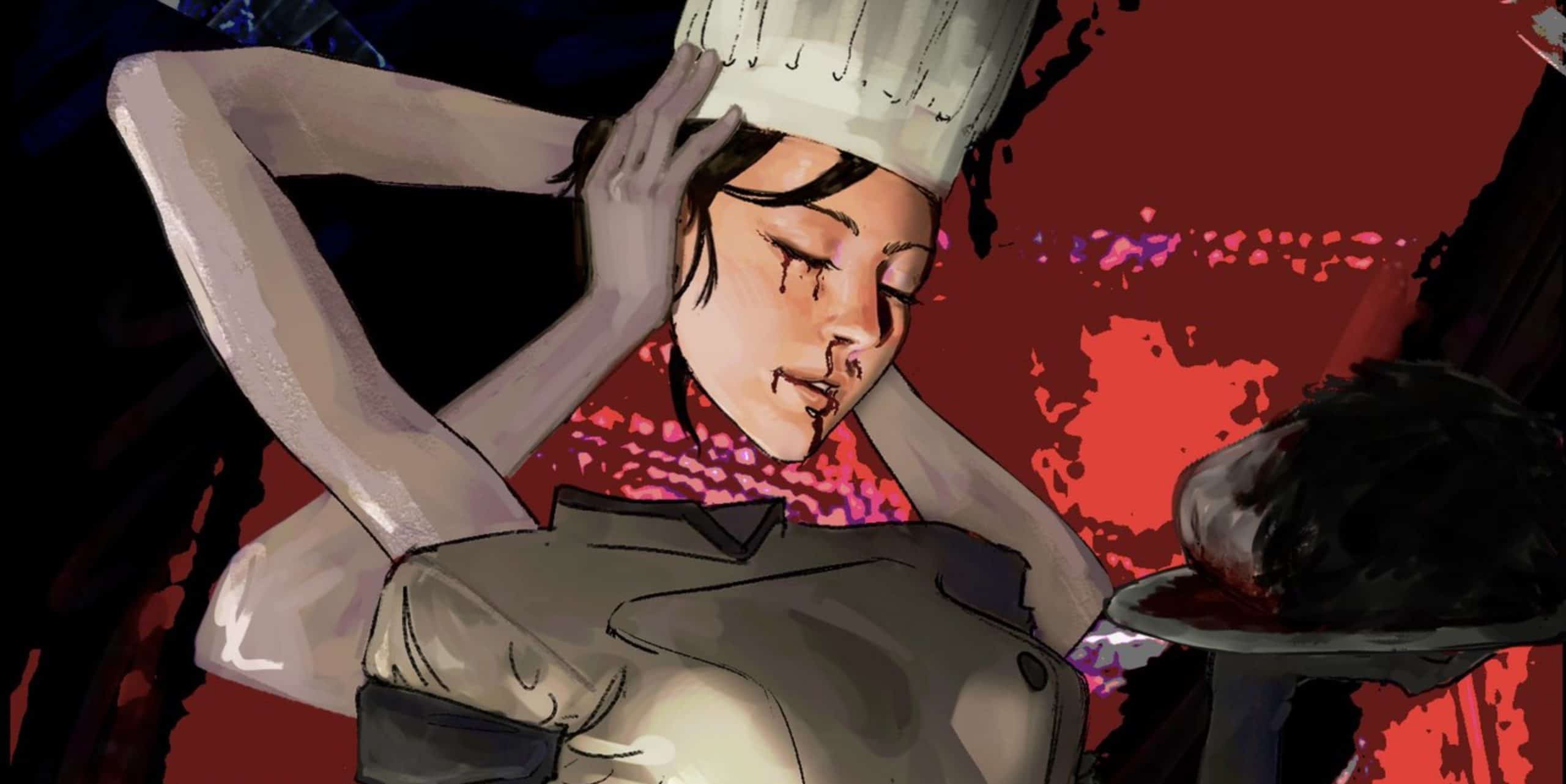
He has gone to great lengths to dodge the public eye and maintain secrecy around his appearance.
Fujimoto has shunned opportunities that could expose his face, even dodging fan events where devotees hoped to finally see the man behind the manga magic.
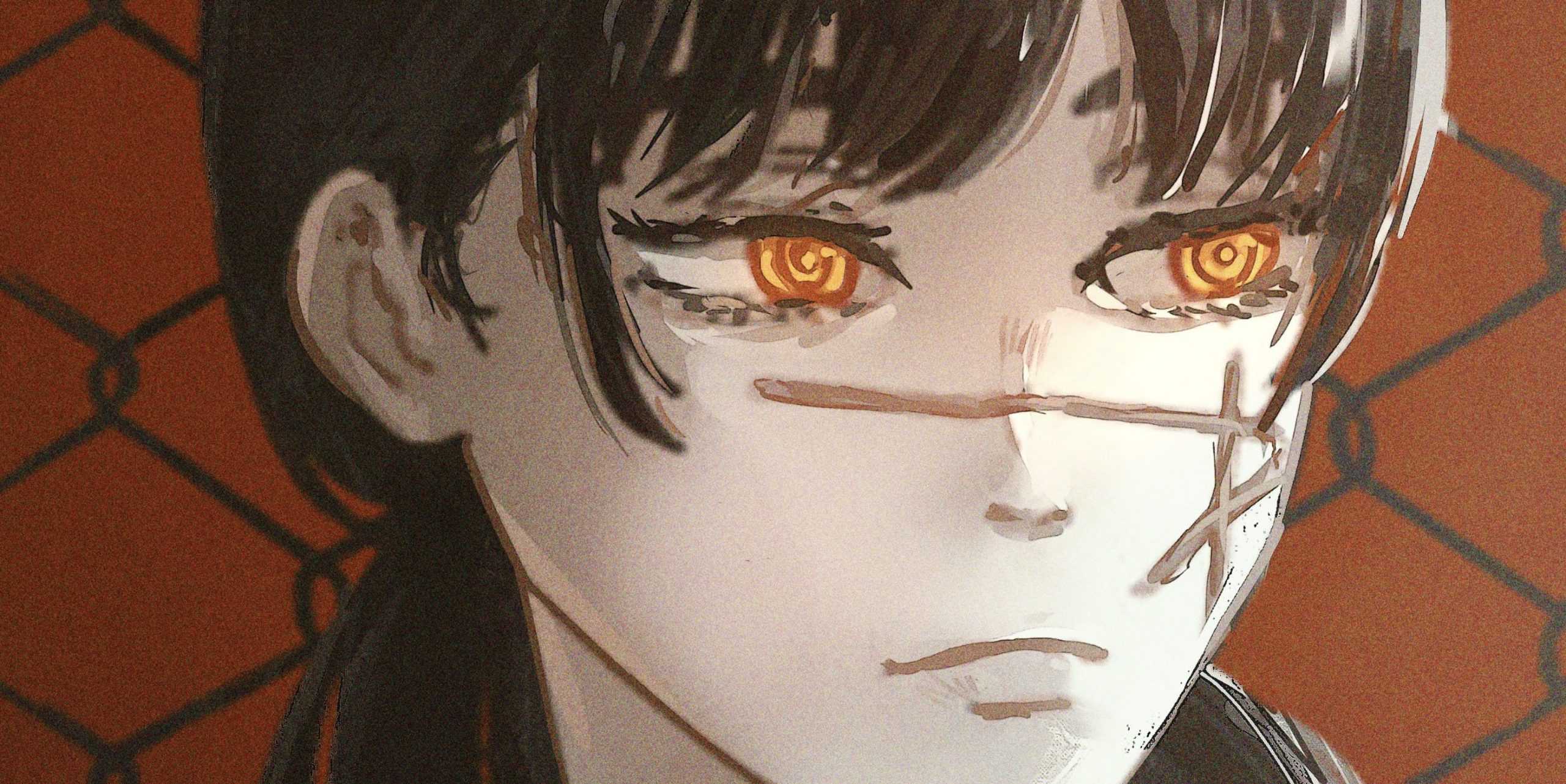
On social media and in other public spheres where visibility is common, he retains a carefully guarded anonymity.
However, recent shifts in Japanese legislation surrounding the manga industry could soon force figures like Fujimoto out of the shadows.
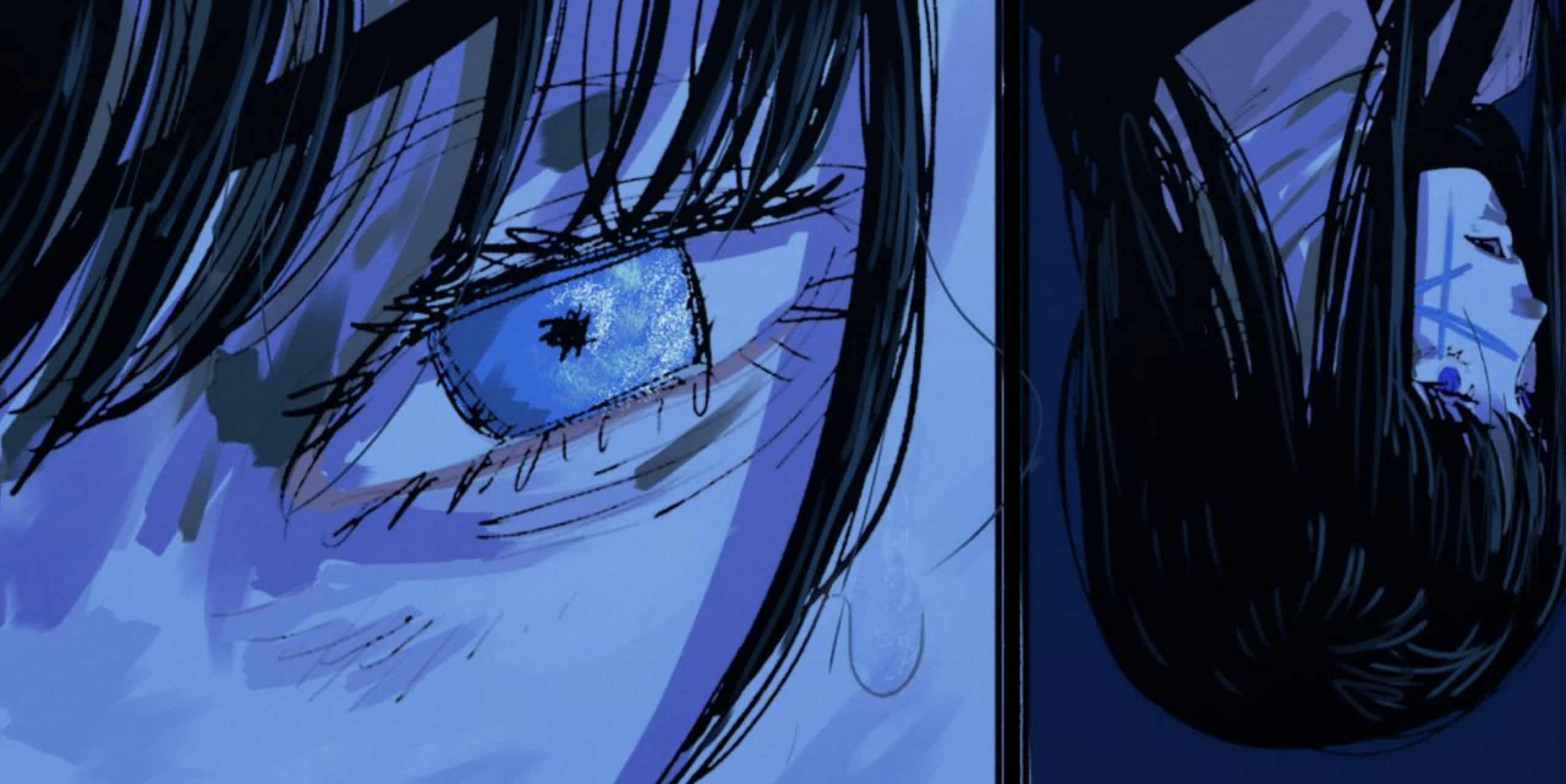
New regulations seek to remove barriers between adoring readers and the creators they revere. This cultural push for transparency threatens long-protected anonymity.
If these legal changes remain, Fujimoto’s era of discretion could end as hunger for access and insight overrides historical norms of privacy.
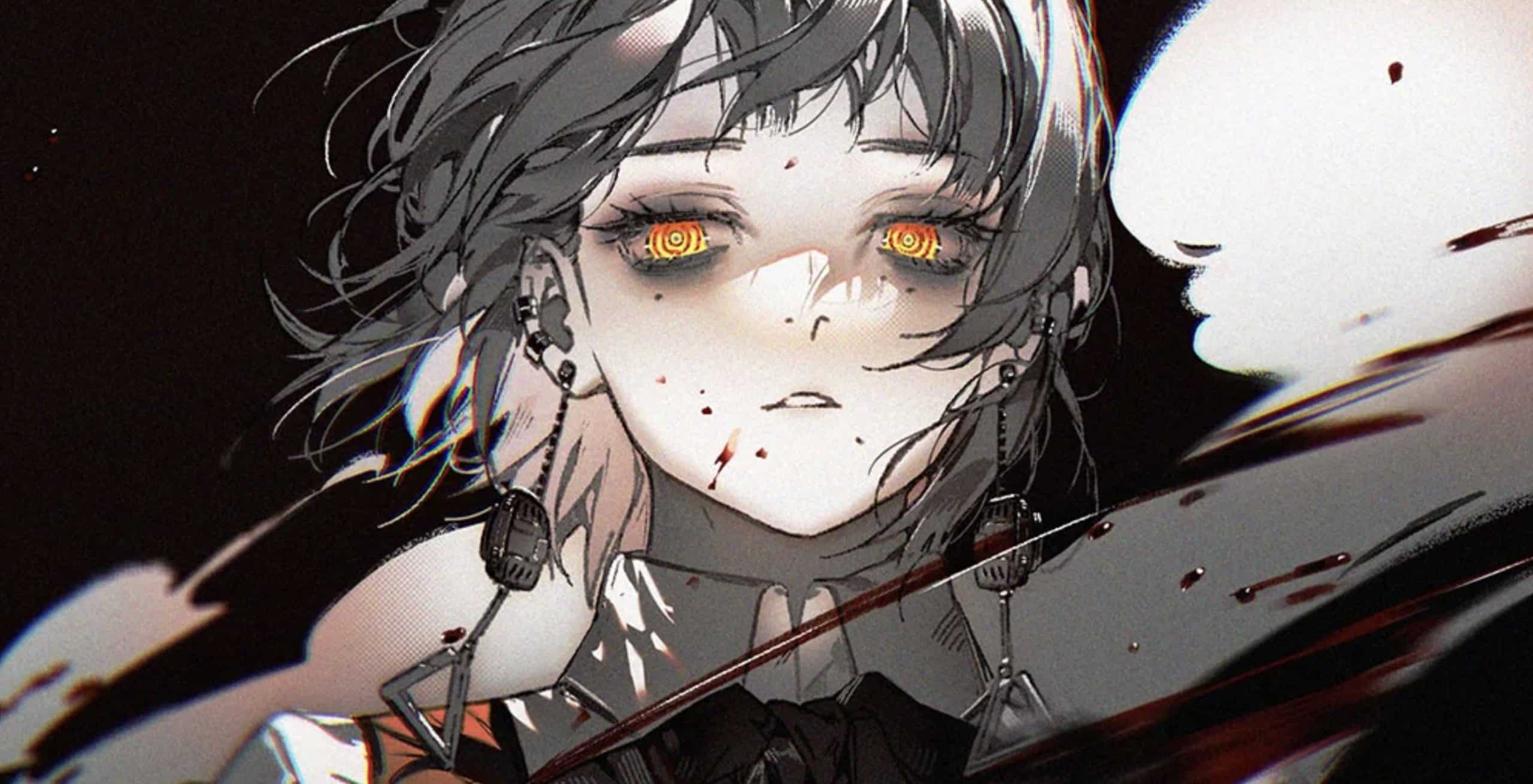
While some artists may accept the spotlight willingly thanks to this changing landscape, others may reluctantly step forward rather than break the new rules.
For now, Fujimoto’s faithful fans continue yearning for the day the face behind the beloved stories gets unveiled.
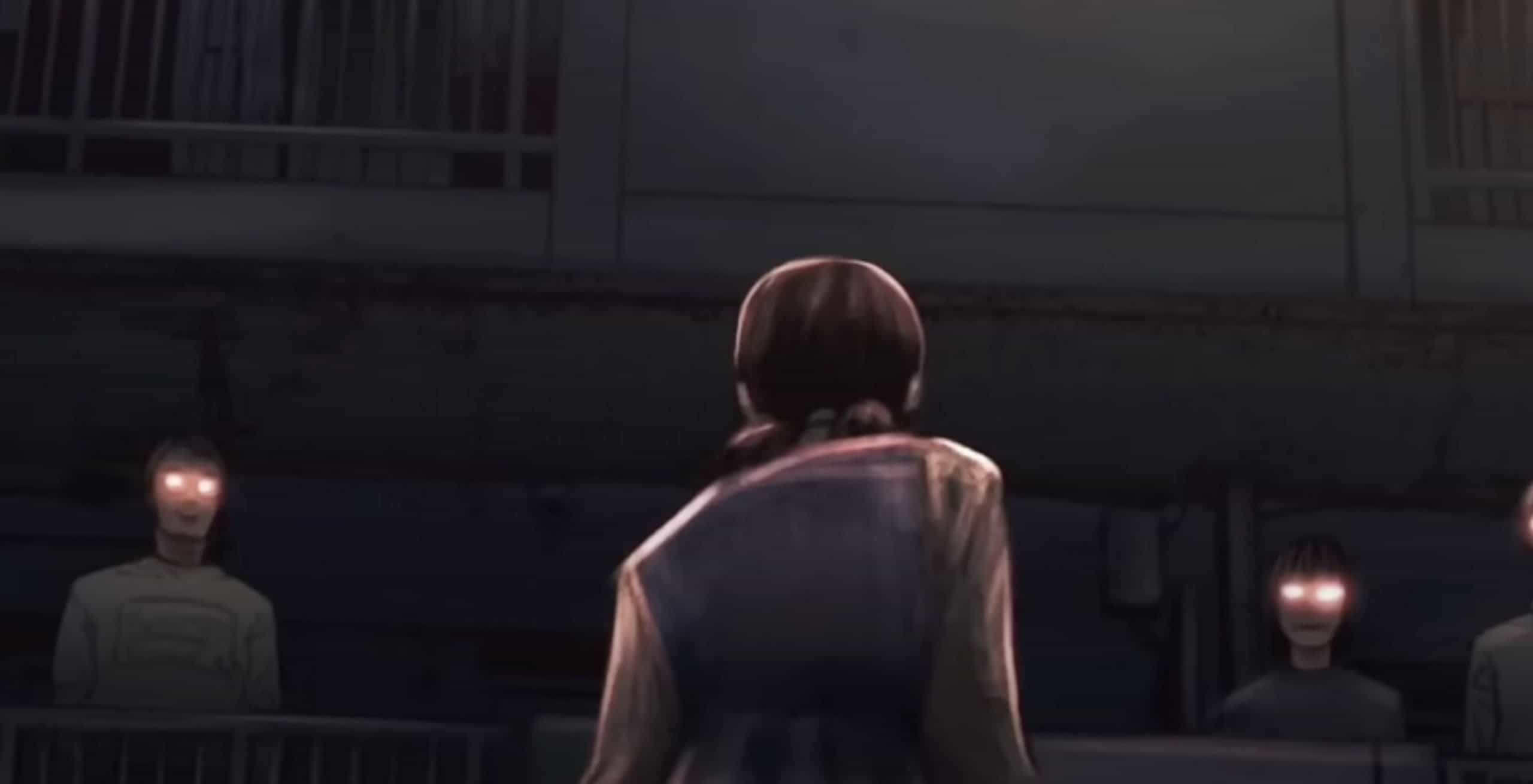
But only time will tell if Japanese law alters the equation enough to make camera-shy artists like Fujimoto finally surface from secrecy into open visibility.
Japanese Manga and Anime Creators Grapple with Impending Transparency
For generations, the Japanese manga and anime industries have permitted creators to work behind veils of secrecy, using pseudonyms in place of real names.
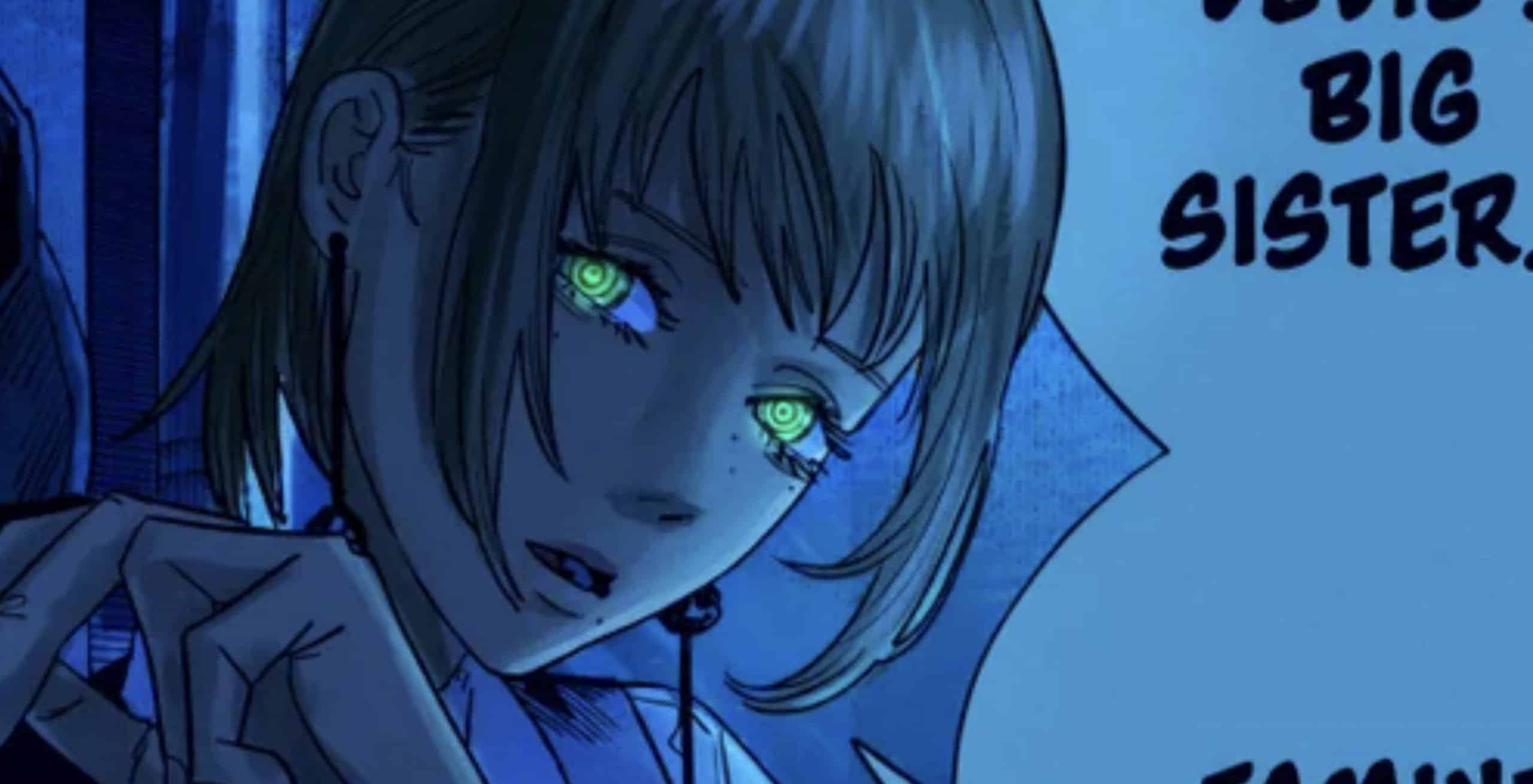
But new tax reporting rules threaten to puncture huge holes in that veil by requiring more transparency.
A law set for 2023 will demand freelance artists submit actual personal details alongside income statements going forward.
This would force publicity-shy figures to expose their identities and history to a government register even if they hide still them from the public.
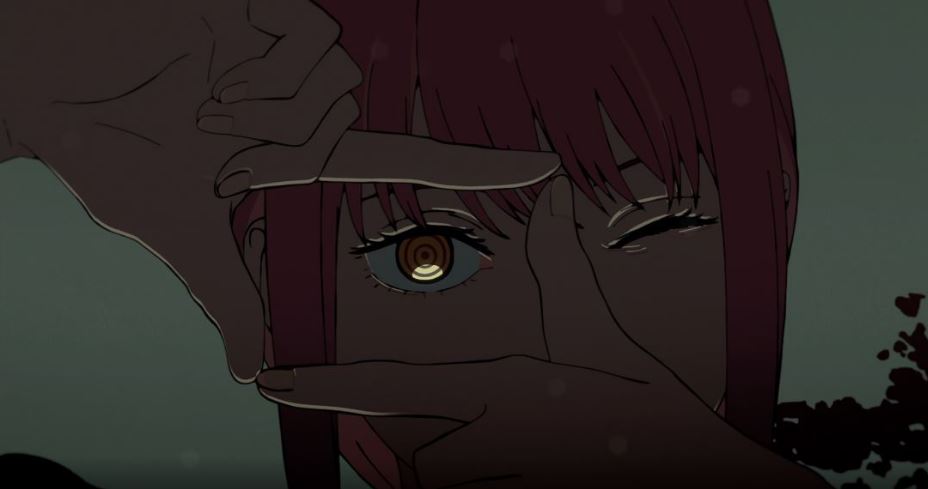
The implications could be massive, especially for rising manga stars, virtual YouTubers, and other creators who rely on imaginary alter egos.
Leaders in these fields would lose the ability to control their anonymity and privacy. Whether they like it or not, true names and eventual photos would enter official records rather than staying hidden.
Essentially, Japan appears ready to erode artistic liberties of concealment in trade for stronger financial oversight.
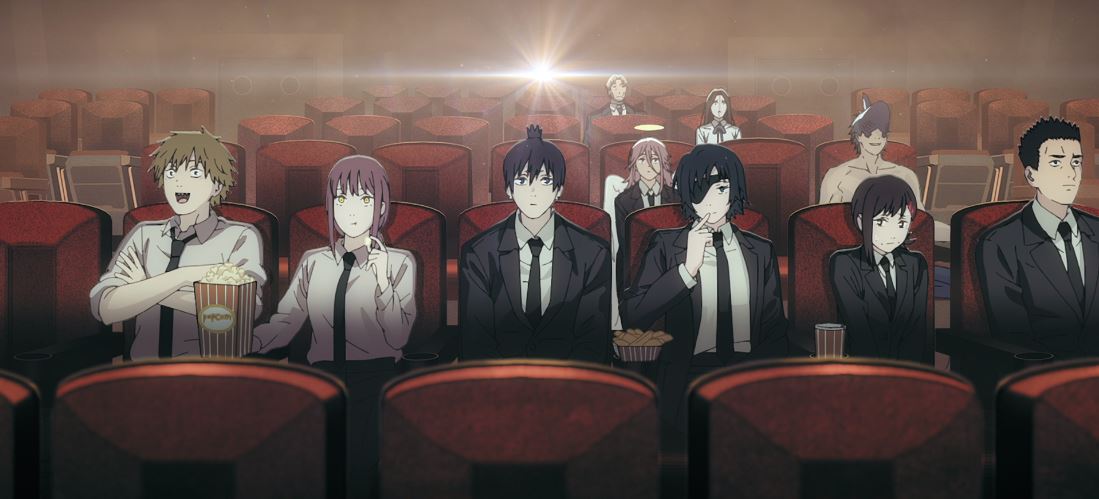
And the loss of anonymity could profoundly impact careers built behind playful fictional facades. Personal inspirations, quirks, and flaws could emerge from secrecy into scrutiny, limiting creative range or opening artists to criticism.


